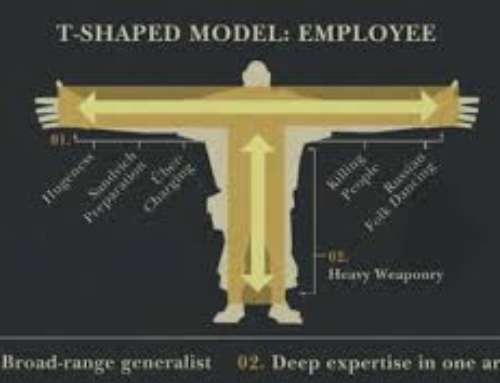Are We Family?
I recently read AJ Jacobs’ It’s All Relative and reviewed it on my web site. It made me think a lot (as well as laugh a lot), so I thought I would spend this week’s blog post reflecting on what I take to be his implications for the work I do as a peacebuilder and a student of comparative politics.
The book traces the way Jacobs used his global family reunion and its meme, “I am a cousin,” to help people see that we are all connected and, indeed, (distantly) related.
Jacobs is a writer, not an activist. So, it is hardly surprising that he didn’t take some of the implications of “we are family” in the same directions I would. I think there are at least four of them that we should pay attention to whether “we” are peacebuilders or students of comparative politics .
.
- Narrative not science. Plenty of people have made the same point about our interconnectedness. In fact, one of my friends sent me an email after reading my review questioning some of the scientific bases for Jacobs’ work. Jacobs’ genius, however, comes in the fact that he found a way to bring the science down to earth. That’s something my colleagues don’t always do all that well—especially those of us with academic backgrounds. At AfP, we’re currently working on new narratives that would connect with people who don’t do peacebuilding for a living and don’t speak our language.
- Make it fit into the course of our lives. People are busy. I’ve struggled to find ways for people to work for peace that doesn’t interfere with what they are already doing. Attending a family reunion may not be the answer, but Jacobs got me thinking about something I learned from the Beyond War movement in the 1980s. How I lead my daily life can be just as important for building peace as the work I do when I put on my official peacebuilder hat (or, in my case, a suit and tie).
- Strange bedfellows. Jacobs brought an unusual group of people together, including George and Barbara Bush, Donny Osmond, Sister Sledge, Henry Louis Gates, and the odd Hatfield and McCoy. Building peace requires working with people we disagree with. Peace building is what philosophers call a superordinate goal that can only be reached if all of the stakeholders find a way of working together. Although it is a term Jacobs himself would never use, it is what his “family” reunion was all about. Or, as I refer to it, how do we bring strange political bedfellows together without compromising our own core values.
- Have Fun. As someone who tends to take his work (and himself) far too seriously, Jacobs reminded me that if we are going to reach any of those three goals I just mentioned, we will have to make the journey an enjoyable one often enough for enough people that they will find the time and energy to start and stay on it. Some of my colleagues are beginning to introduce playful pathways to peace, like my friend Joe Bubman’s Super Decathalons for One America. I promise to tell you more about initiatives like his in the weeks to come.
The views and opinions expressed in this article are those of the author and do not necessarily reflect the official policy or position of the Alliance for Peacebuilding or its members.
Also published on Medium.





